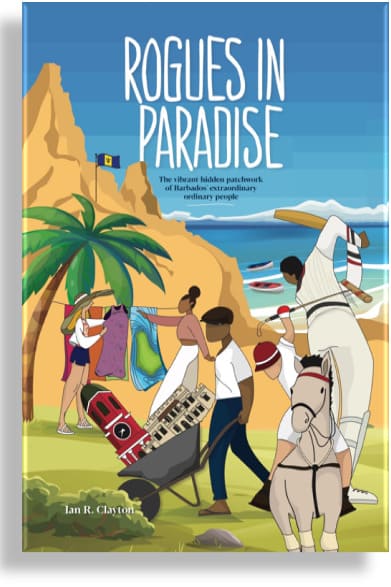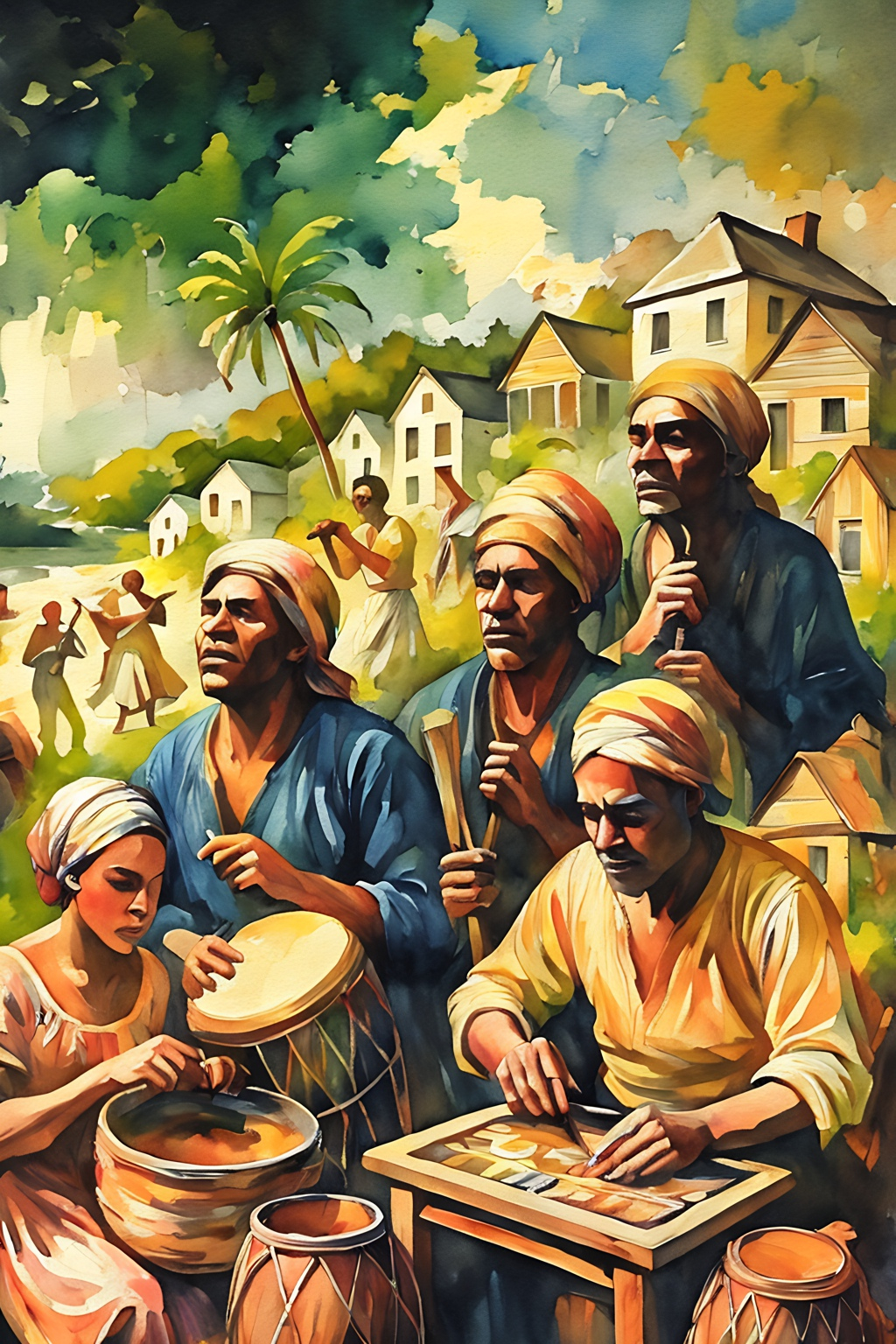The Dutch Influence
When the Dutch briefly occupied parts of Brazil, they brought in Jewish settlers fleeing the Portuguese Inquisition. These Jewish refugees learned the sugar trade and, when the Portuguese regained control in 1654, many fled persecution once again. With it came a brutal system of slavery that mirrored and expanded on Brazilian practices, transforming Barbados into one of the most profitable colonies in the world. The techniques of cultivation, the technology of mills, and even the social order of plantation society were imported. What grew on Barbadian soil was not just cane, but also a new economic model that would be copied across the English Caribbean.
Brazil in Barbados

Migration and Escape
This connection between Brazil and Barbados is more than just an economic footnote. It tells a story of migration, persecution, forced labour, and survival. The Jews who escaped Brazil carried skills that transformed an island; the Africans who endured both systems carried resilience that shaped nations. The riches of sugar came at a terrible human cost. The Barbadian system, modelled in part on Brazil’s plantations, entrenched African slavery more deeply than ever before. Brutal labour, high mortality, and the constant importation of enslaved Africans became the pattern.
Emacipation
Centuries later, when emancipation was introduced in Britain in 1834 and Brazil in 1888, the two nations closed the circle. Brazil was the last country in the Americas to abolish slavery, while Barbados had long before pioneered the plantation economy that set the stage for its rise.
In the end, emancipation was not simply the act of law or decree — in Brazil, Barbados, or anywhere else. It was the lived struggle of people determined to preserve identity, dignity, and hope in the face of unimaginable odds.
The Timeline:
Barbados
-
1640s–1650s: Sugar industry established with skills from Brazil, built on African slavery.
-
1834: Britain ends slavery across its empire, introducing an “apprenticeship” system.
-
1838: Full emancipation declared; formerly enslaved people free in law, though economic power remained in planter hands.
Brazil
-
1500s–1600s: Portuguese colony becomes the largest slave society in the Americas.
-
1654: Jewish refugees flee Brazil after Portuguese reconquest, bringing sugar skills to the Caribbean.
-
1871: “Law of the Free Womb” frees children born to enslaved women — partial emancipation.
-
1888: Lei Áurea (“Golden Law”) officially abolishes slavery, making Brazil the last country in the Americas to do so.
The Circle Closed
-
Barbados pioneered the plantation system that fueled empire.
-
Brazil ended slavery last — closing a grim chapter of the Atlantic world.
-
Across both places, emancipation was not just law, but the survival of dignity, culture, and identity.








